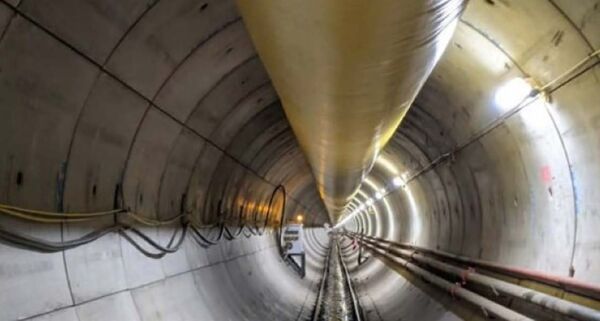| The new works contracts are the NEC4 Engineering and Construction Contract (ECC), the NEC4 Engineering and Construction Subcontract (ECS), the NEC4 Engineering and Construction Short Contract (ECSC) and the NEC4 Engineering and Construction Short Subcontract (ECSS). |  |
This article looks at the main changes and new provisions in the ECC and ECS, followed by a specific change in the shorter versions.
ECC and ECS
There have been key changes to provisions in the ECC and ECS, as follows.
- Early warning provisions – the ‘Risk Register’ has been re-named the ‘Early Warning Register’ to distinguish it from the project risk register often used for wider project management purposes. There are now default periods for early warning meetings
- Programming changes – there are new ‘dividing date’ provisions similar to those used in compensation events. New provisions provide for ‘treated acceptance’ of the contractor’s programme in situations where the project manager does not respond to a programme issued by the contractor for acceptance, or to a reminder. This is to unlock the impasse which can sometimes occur
- Terms standardised – ‘Employer’ becomes ‘Client’, and ‘Works Information’ becomes ‘Scope’
- There are also some important new provisions in ECC and ECS to help promote collaboration, as follows
- Identifying opportunities – an additional procedure includes the identification of opportunities by either party. These are discussed jointly and the contractor can share in the cost savings of opportunities that it initiates
- Early contractor involvement – this is now included as a secondary option, based upon the clauses published by NEC in 2015
- Supporting information modelling – a new secondary option is added specifically to support the use of information models and digital engineering models. This requires the contractor to provide an information model execution plan either for incorporation in the contract from the outset, or within a period defined by the client
- Dispute negotiation – a 4 week period for escalation and negotiation of a dispute has been introduced, which takes place prior to commencing any formal proceedings. This requires nominated senior representatives of each party to meet and try to reach a negotiated solution
- Dispute avoidance – the works contracts now include a dispute avoidance option W3 which can be used if the UK Housing, Grants, Construction and Regeneration Act does not apply. This is to refer any dispute to a dispute avoidance board. The benefit of this new option is to encourage and support the parties in resolving any potential dispute consensually, and to support users who wish to use this facility on their projects
- Financial agreement – for payment applications and final accounts, there are now procedures aimed at reaching agreement on the final amounts due. Provisions have been introduced to the cost-based contracts (main options C to F) that allow the contractor to instigate a review and acceptance of its defined cost by the project manager, upon request. This encourages checking and agreement of defined cost and disallowed cost progressively as the work proceeds, and not to defer the exercise until the project has been completed
Other new and changed provisions in ECC and ECS include the following:
- Collaboration – in secondary option X12, ‘Partnering’ has been changed to ‘Collaboration’ better to reflect the intent
- Retention – the secondary option X16 for retention now includes the optional provision of a retention bond instead of having money retained
- Confidentiality – a new core clause deals with confidentiality, restricting the disclosure of project information
- Communication – the use of a communication system, including an electronic one, are recognised through amended clause 13.2, and if required is defined in the scope
- Quality – section 4 quality management provisions introduce a requirement for the contractor to prepare and issue a quality management system and a plan
- Schedules of cost components – some changes have been made to simplify the schedules of cost components and associated contract data inputs. The ‘Schedule of Cost Components’ is used only for main options C, D and E and the ‘Short Schedule of Cost Components’ has been removed from these contracts. The short schedule is now used exclusively in options A and B and only to assess compensation events. It adopts a pre-priced approach for people cost to replace the previous cost-based approach
- Fee percentage – there is now only one fee percentage, with no separate fee percentage for subcontracted works. The application of fee to defined cost is consistent across all main optionS
ECSC and ECSS
A number of the above ECC and ECS changes have been passed through to the ECSC and ECSS.
The main change specific to the ECSC and ECSS is that the compensation event procedure has been simplified and shortened.




